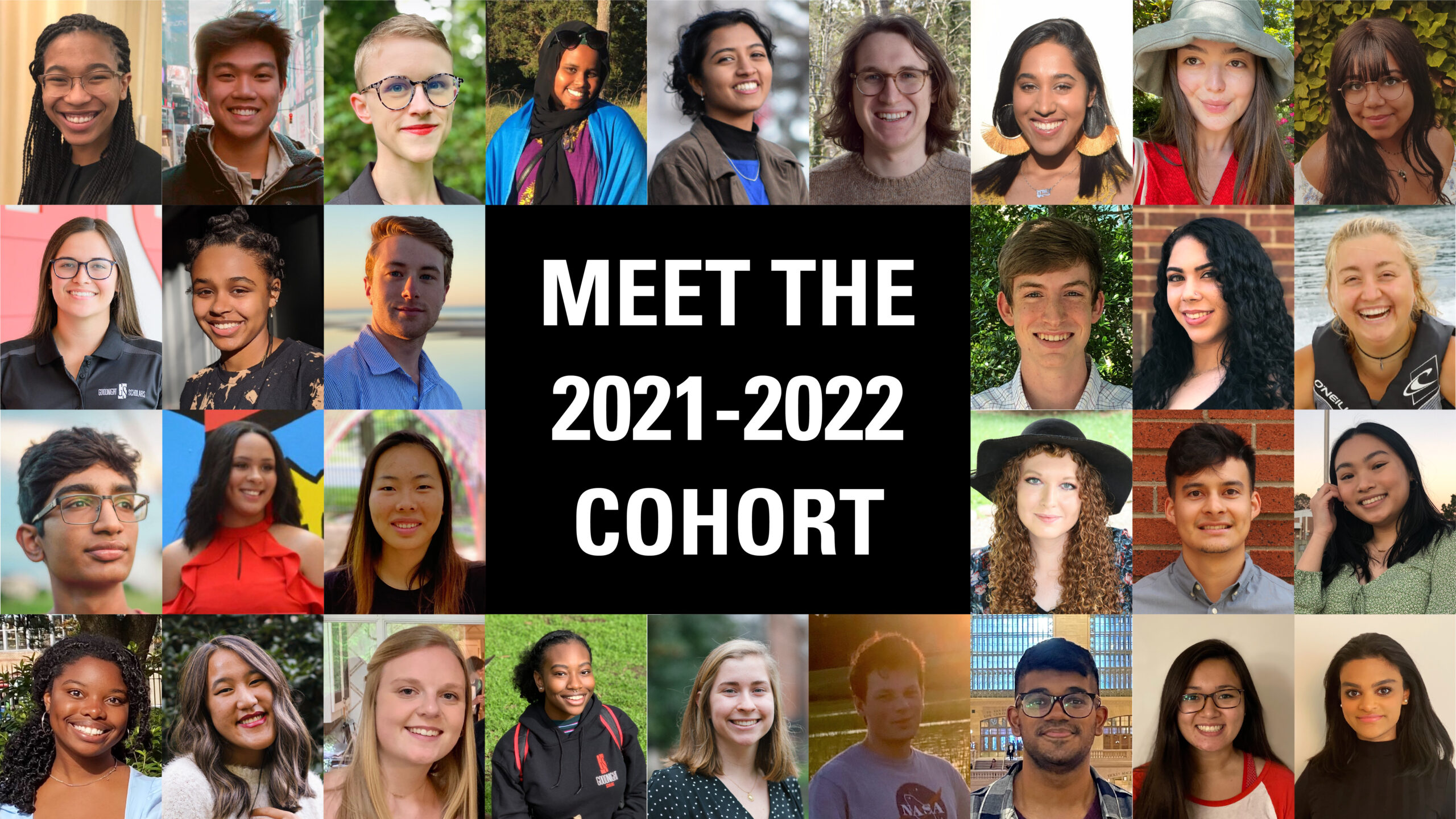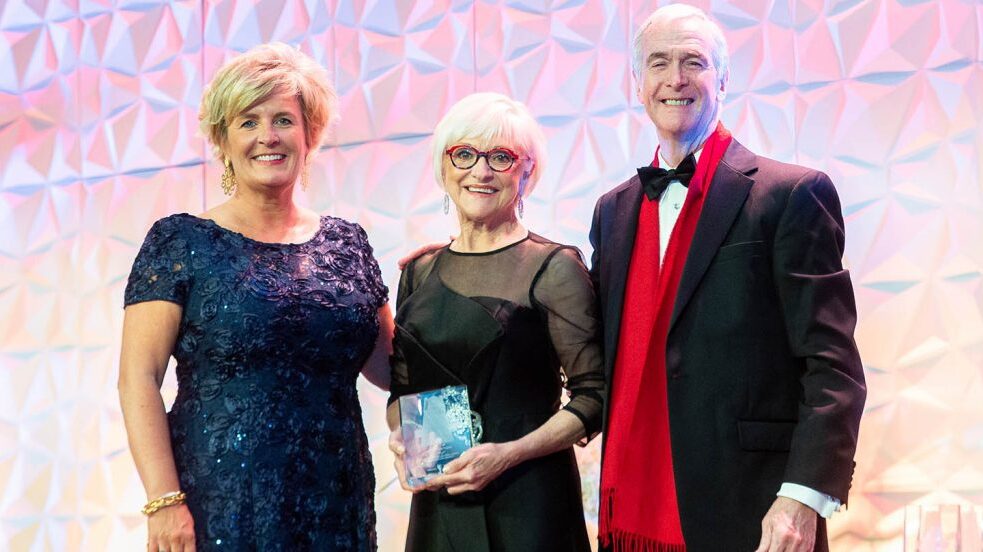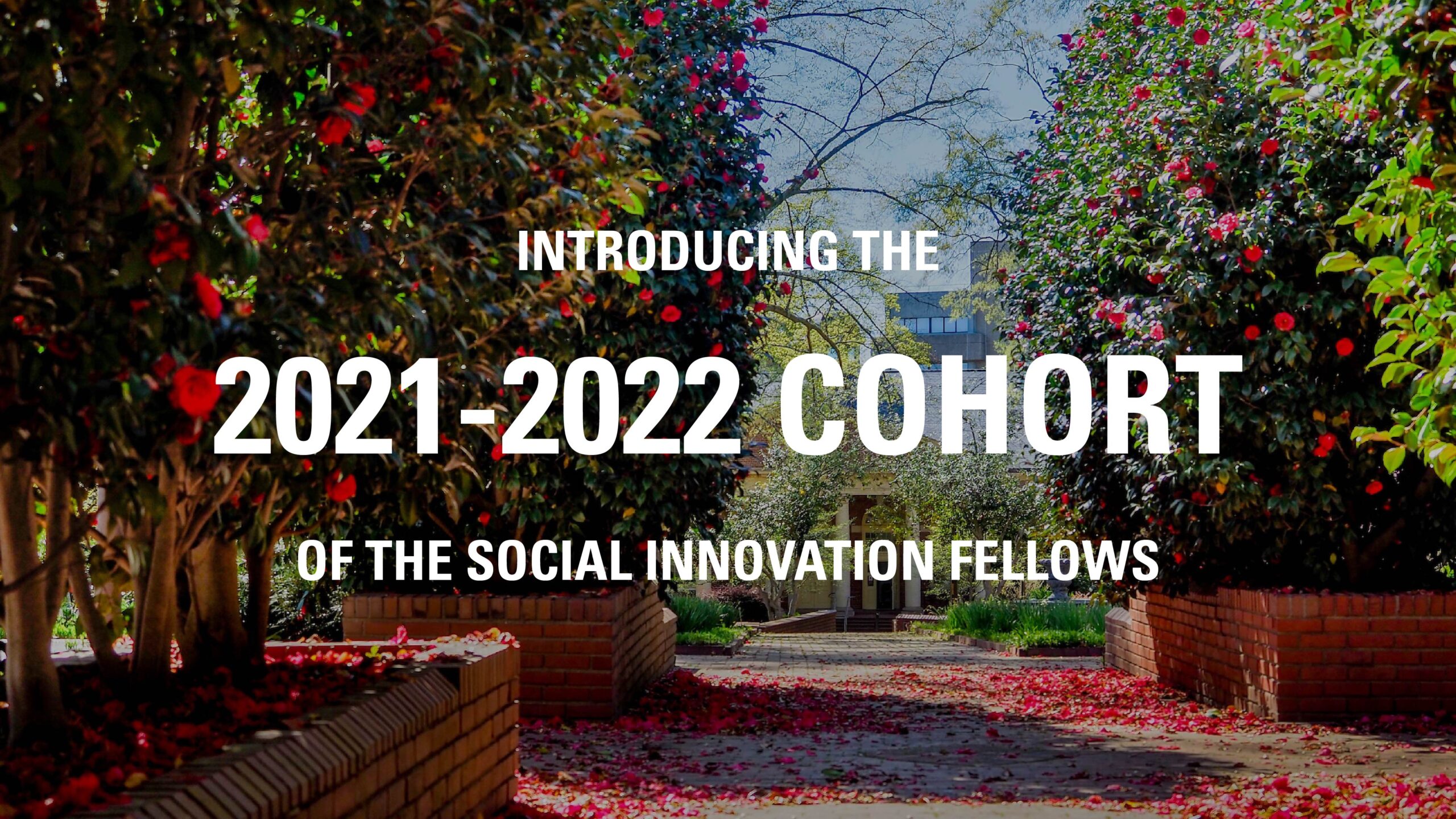A new focus for 2021-22 Social Innovation Fellows teams
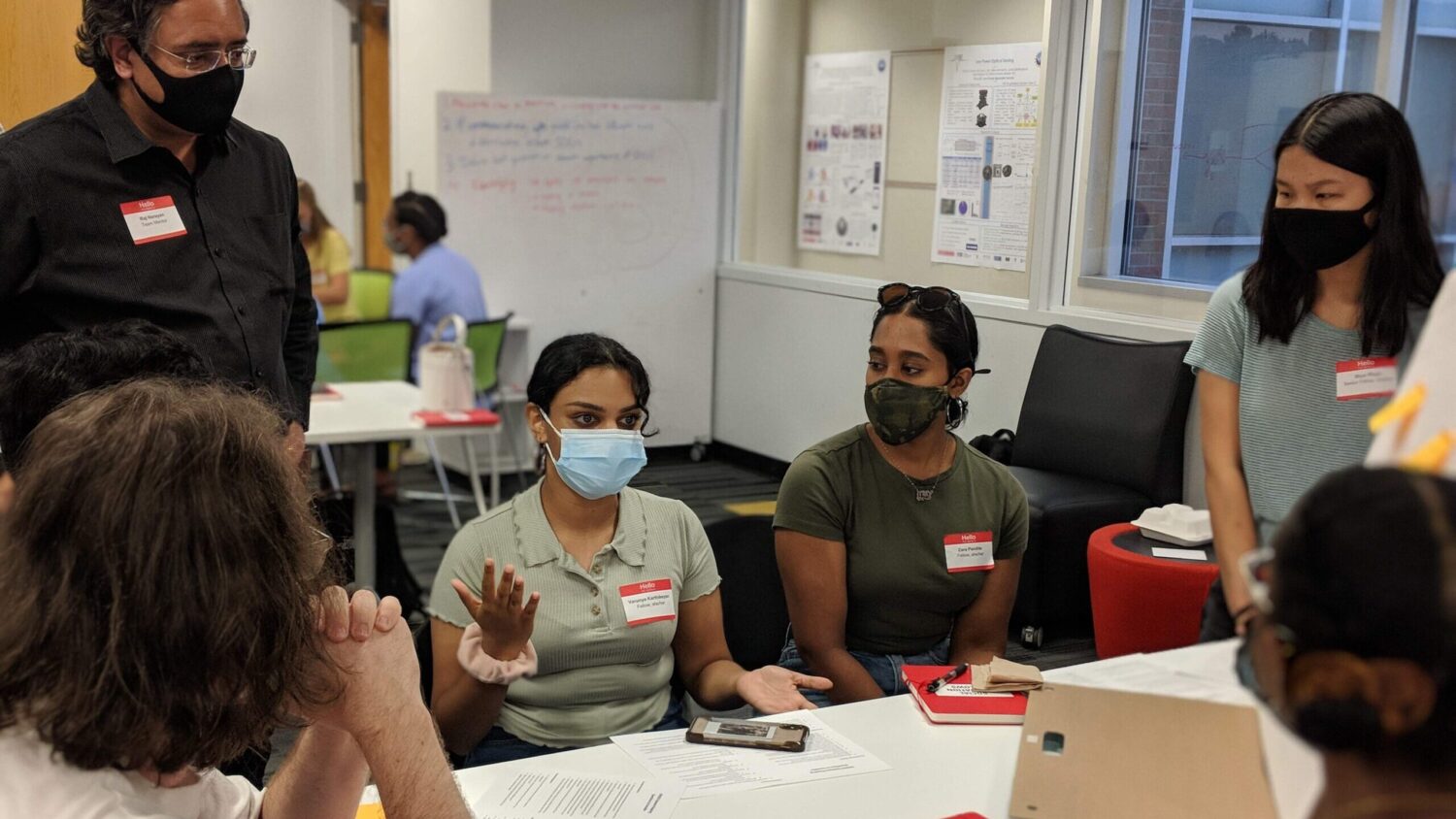
As the NC State Social Innovation Fellows (SIF) begins its fifth year, some operational changes will give the program a new focus. In years prior, each of the Social Innovation Fellows (SIF) teams have partnered with a single “venture partner,” or, a nonprofit, social enterprise, or other organization in the impact space, and worked to develop solutions for a problem that the venture was facing. For the 2021-2022 cohort, SIF is altering the structure of the program by instead asking fellow teams to focus on one of the United Nations Sustainable Development Goals.
The UN Sustainable Development Goals (SDGs) are 17 goals that were created in 2015 by the United Nations General Assembly to create a better and more sustainable future for all by 2030. Six teams of fellows have been formed around six of the 17 SDGs to study these goals and how organizations are addressing them within their local, national and international communities.
In order to offer the fellows a real-world context for their team’s assigned SDG, they have been assigned a “community anchor” in place of the traditional “venture partner.” Similar to the SIF venture partners, community anchors have volunteered to serve as a resource for students through this process. In the past, venture partners were select social impact organizations (in many different industries) who were tasked with pitching a problem for students to team up together to solve. Now, the partnership between the students and these organizations has been reframed to place a greater emphasis on the systems-level problems represented by the SDGs.
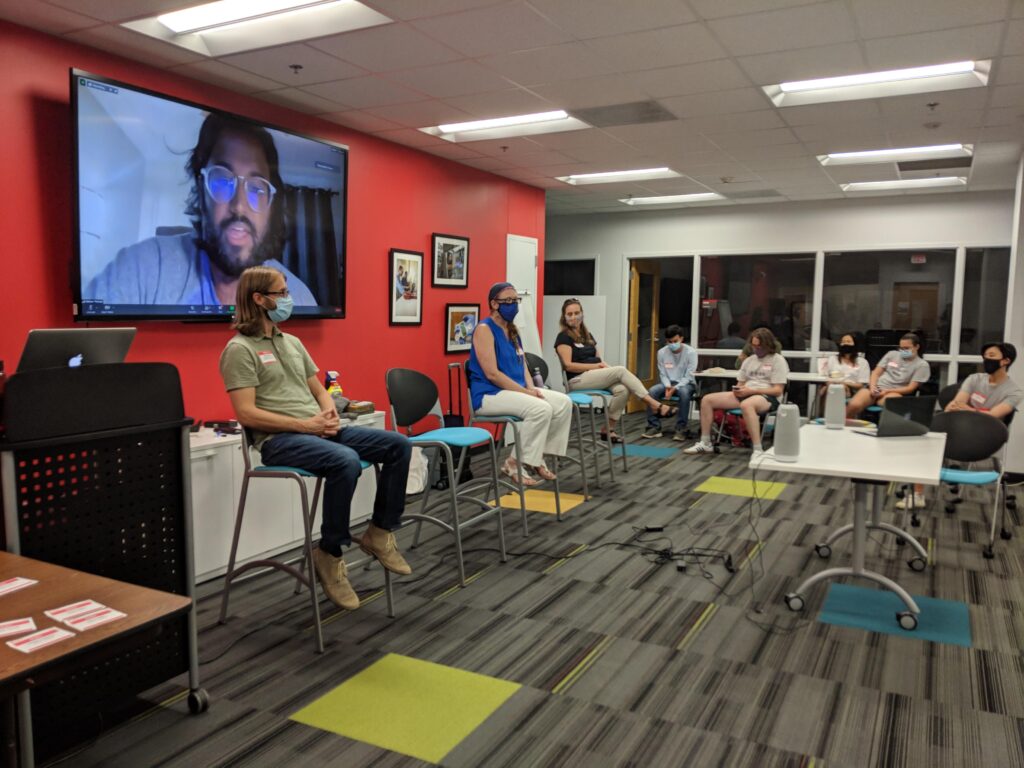
Community anchors are not asked to pitch a problem to the fellows; rather, they serve as a real-world anchor and laboratory for the students to ask questions, identify and meet stakeholders, and test new ideas. Fellows may find that their skill sets and knowledge will lend themselves to helping the community anchor solve a problem, or, they can use them as a case study to uncover new opportunities for their own entrepreneurial endeavors.
“We have always used the UNSDGs as our beacon, but this year we are leaning more heavily into deeply understanding the 17 problem areas and the many ways they are interrelated. Instead of scoping a project and designing a solution in connection with a single external partner, students will learn about problem areas from many dimensions and perspectives. We are truly practicing our mantra, to ‘fall in love with the problem,’ not the solution,” comments Elizabeth Benefield, program director.
This year’s community anchors are Sankofa Farms, All We Are, NC State Composting Facility and Research Cooperative, NC Sea Grant, NC Interfaith Power & Light, and Karma Wallet. The fundamental goal of the position has not shifted much as shown by three of our former venture partners returning as community anchors for this year’s program. The community anchors will help direct the fellows toward their goal by using their expertise and connections in the field.
The 2021-2022 fellow teams are working on the following SDGs:
- Goal 2: Zero Hunger – Sankofa Farms
- Goal 7: Affordable and Clean Energy – All We Are
- Goal 8: Decent Work and Economic Growth – Karma Wallet
- Goal 12: Responsible Consumption and Production – NC State Composting Facility and Research Cooperative
- Goal 13: Climate Action – NC Interfaith Power & Light
- Goal 14: Life Below Water – NC Sea Grant
We are truly indebted to our six Community Anchors this year who are providing our students with an incredibly rich and diverse ecosystem from which students can engage in real world research and problem solving.
These living laboratories are key to the Fellows’ experience,” states Benefield.
This shift toward a focus on the UN SDGs hasn’t happened in a vacuum. In a new university-wide initiative, NC State Global is creating programming for each semester surrounding a cluster of four SDGs. For the Fall 2021 semester, the university has chosen to focus on quality of life. This cluster will include: Goal 1: No Poverty, Goal 2: Zero Hunger, Goal 3: Good Health and Well-Being, and Goal 6: Clean Water and Sanitation. The university has encouraged campus organizations to include these goals in their programming, discussions, and goals moving forward.
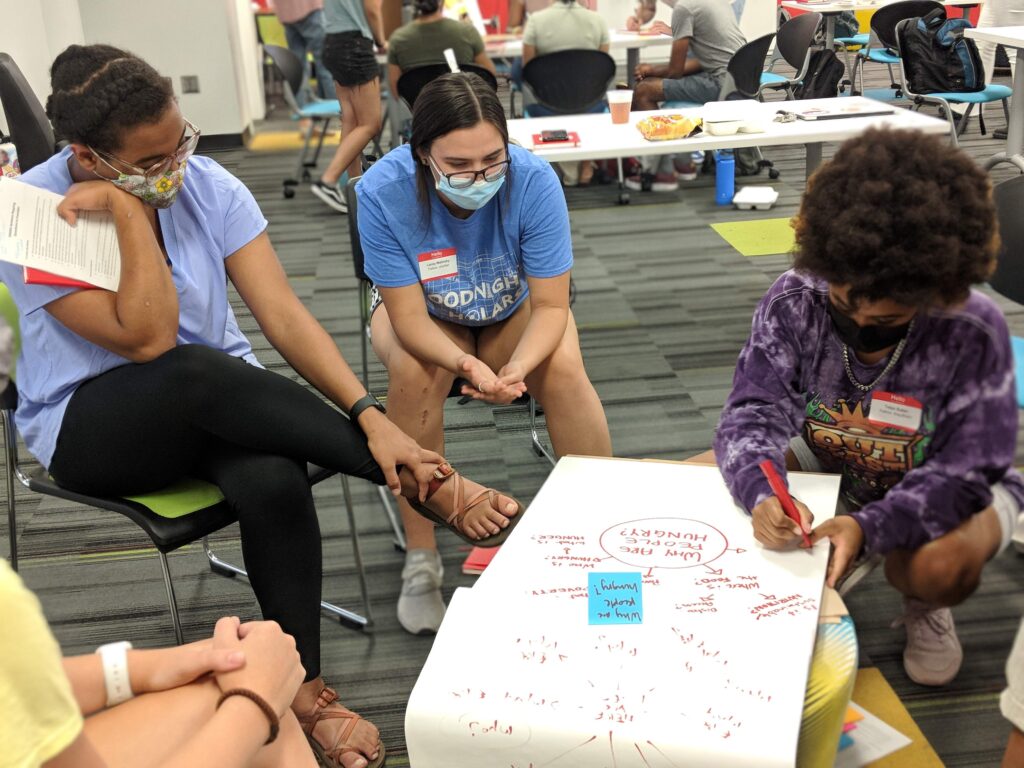
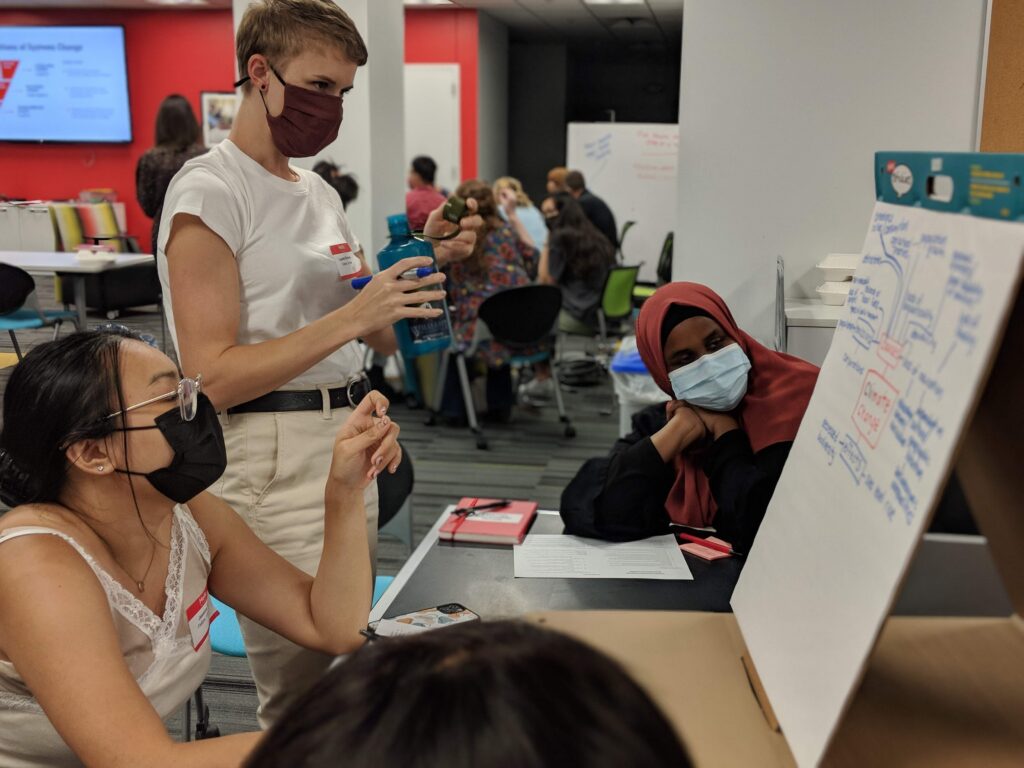
While the SIF teams cannot address every SDG at once, many of these goals overlap and intersect and the program hopes to demonstrate the intersectionality of these problems.
The 17th goal, Partnerships for the Goals, is not assigned to a specific cluster or a specific SIF team, because this goal is built into the way that the SDGs hope to be addressed on our campus and in our community. Robert Skinner, chief of partnerships and global engagement at the United Nations Department of Global Communications, recently spoke with NC State Global and said he doesn’t like to call the goals the “United Nations” SDGs because these goals are for everyone.
There’s no way to achieve these goals without teamwork: teamwork within communities, teamwork between communities, and teamwork between nations. This teamwork is fundamental to the structure of SIF, making it a necessary addition to the curriculum.
For more information about the Sustainable Development Goals on NC State’s campus, please visit the Office of Global Engagement’s page about the NC State SDG Initiative.
This article was written by Austin Dunlow, who is a 2021-22 Senior Fellow for the Social Innovation Fellows and a member of the 2020-21 SIF cohort. He is a 2021 graduate from NC State’s College of Humanities and Social Sciences with a degree in political science, and is currently a graduate student in international studies.
